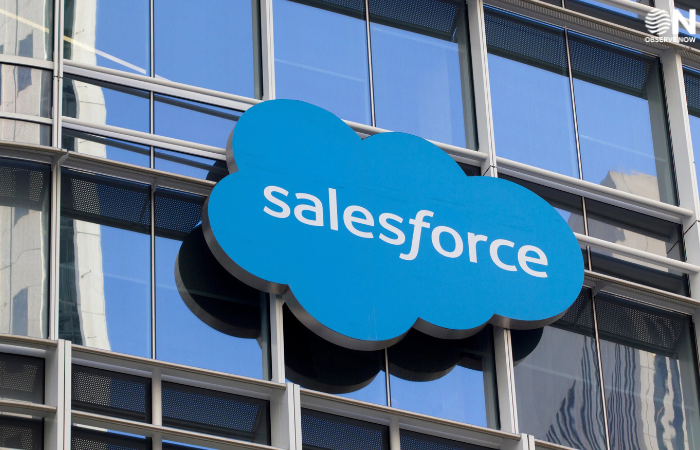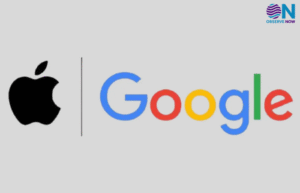Salesforce’s Open Ecosystem Powers Trusted Agent Interoperability

In today’s era of “agentic AI,” where intelligent agents collaborate autonomously across business functions, Salesforce is leading a concerted push toward secure and scalable interoperability. With the launch of Agentforce 3, the company has advanced its open ecosystem strategy—built around standards such as the Model Context Protocol and Agent‑to‑Agent protocol—to foster cross-vendor collaboration without sacrificing enterprise trust.
At the heart of Salesforce’s approach is native integration with open protocols, enabling AI agents to communicate, share resources, and coordinate workflows across a diverse network of platforms. MCP functions like a USB‑C port for AI—it allows verified agents to request access to tools, data, and prompts from internal or third-party MCP servers using a standardized, secure handshake mechanism. This framework is critical for ensuring that agents can leverage capabilities—from order status updates and customer histories to invoicing and logistics—while respecting enterprise-grade security and governance.
With the rollout of its AgentExchange marketplace, Salesforce now offers plug-and-play access to pre-built MCP servers from over 30 partners, including AWS, Cisco, Google Cloud, IBM, PayPal, Stripe, Teradata and others. This makes it easier for businesses to connect their agents to trusted, vetted services without in-house engineering overhead.
Salesforce has also positioned itself at the center of the broader agent interoperability movement. The Agent2Agent initiative under the Linux Foundation—backed by vendors like Google Cloud, AWS, Microsoft, and Salesforce—establishes a vendor-neutral protocol that enables diverse agents to discover each other, communicate securely, and coordinate multi-step actions. Salesforce contributed the concept of “Agent Cards,” metadata-rich descriptors shared across the protocol to enable identity, capability, trust levels, and compliance flags.
Salesforce’s open ecosystem is also grounded in observability and governance. The Agentforce 3 Command Center introduces real-time monitoring of agent health, performance diagnostics, communication trends, and alerting tools—providing visibility akin to overseeing a fleet of autonomous workers. Built on its Trusted AI architecture, Salesforce also embeds safeguards like access controls, data masking, instruction adherence checks, encryption, and governance logs into agentic interactions.
The platform’s open yet secure model has already attracted enterprise clients. Engine, a professional services firm, lauded the native MCP support and Agentforce gateway as instrumental in scaling AI agents without the friction of bespoke integrations. Globally recognized brands have adopted MCP-powered workflows in Agentforce for tasks like document retrieval, invoicing, logistics checks, and CRM updates via partner services .
Salesforce’s broader ecosystem expansion also includes deep collaboration with system integrators and marketplace developers. Through prior launches such as the Agentforce Partner Network, the company paved the way for third-party agents and industry-specific agent actions built by partners like Accenture, Deloitte, IBM and PwC. The new protocols further empower enterprises to orchestrate agent-driven processes across finance, HR, sales, IT and more—within a unified control plane.
By embracing an open ecosystem strategy centered on interoperability standards, governance transparency, and enterprise observability, Salesforce is defining a future where AI agents act as trusted collaborators rather than isolated bots. As businesses build AI-first workflows, the company’s approach removes integration barriers, lowers deployment friction, and treats agents as accountable parts of a compliant digital workforce.
In doing so, Salesforce is moving beyond pilot-scale deployments toward a model where AI-driven agents—backed by trust, governance, and open connectivity—can be orchestrated at enterprise scale. This shift from siloed experimentation to interoperable digital labor could define the next chapter of AI adoption for global enterprises.
















